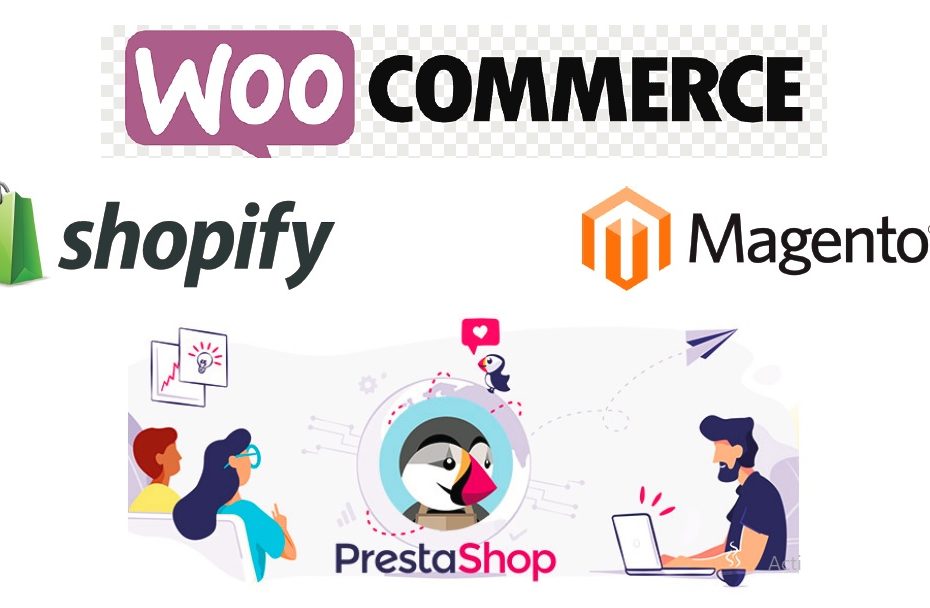If you’re looking for affordable alternatives to Shopify and WooCommerce for building and managing your online store, here are some options to consider:
1. PrestaShop
- Overview: PrestaShop is an open-source e-commerce platform that offers a wide range of features and customization options.
- Cost: Free to download and use. However, costs may arise from hosting, premium themes, and modules.
- Pros: Highly customizable, extensive community support, numerous add-ons.
- Cons: Requires some technical knowledge to set up and maintain.
- Source: PrestaShop Official Site
2. Big Cartel
- Overview: Big Cartel is designed for artists and small businesses with a focus on simplicity and ease of use.
- Cost: Plans start at free for up to 5 products, with premium plans starting at $9.99/month.
- Pros: User-friendly, easy to set up, no transaction fees on any plan.
- Cons: Limited features compared to other platforms, especially for larger stores.
- Source: Big Cartel Official Site
3. Squarespace
- Overview: Squarespace is known for its beautiful templates and easy-to-use drag-and-drop interface.
- Cost: Plans start at $16/month for personal websites, with e-commerce plans starting at $27/month.
- Pros: Visually appealing templates, all-in-one platform including hosting.
- Cons: Limited customization compared to open-source platforms, transaction fees on lower-tier plans.
- Source: Squarespace Official Site
4. Wix eCommerce
- Overview: Wix provides a versatile website builder with e-commerce functionality.
- Cost: E-commerce plans start at $27/month.
- Pros: Intuitive drag-and-drop builder, extensive template library, built-in marketing tools.
- Cons: Limited scalability for very large stores, some features only available on higher-tier plans.
- Source: Wix eCommerce
5. OpenCart
- Overview: OpenCart is another open-source e-commerce platform that is highly customizable.
- Cost: Free to download and use. Costs may arise from hosting, premium themes, and extensions.
- Pros: Robust feature set, large marketplace for extensions, strong community support.
- Cons: Can be complex to set up for non-technical users, potential costs for necessary add-ons.
- Source: OpenCart Official Site
6. Ecwid
- Overview: Ecwid is a flexible e-commerce solution that can be added to any existing website or social media platform.
- Cost: Free plan available for up to 10 products. Paid plans start at $15/month.
- Pros: Easy integration with existing websites, multi-channel selling, user-friendly.
- Cons: Limited features on free plan, additional costs for advanced features.
- Source: Ecwid Official Site
7. Shift4Shop (formerly 3dcart)
- Overview: Shift4Shop offers a comprehensive e-commerce platform with a variety of features.
- Cost: Free if you use Shift4 payments, otherwise plans start at $29/month.
- Pros: No transaction fees, extensive features, strong SEO tools.
- Cons: Steeper learning curve, customer support can be slow.
- Source: Shift4Shop Official Site
Each of these alternatives offers different advantages and may be better suited to different types of businesses and technical expertise levels. Consider your specific needs and budget when choosing the best platform for your online store.
